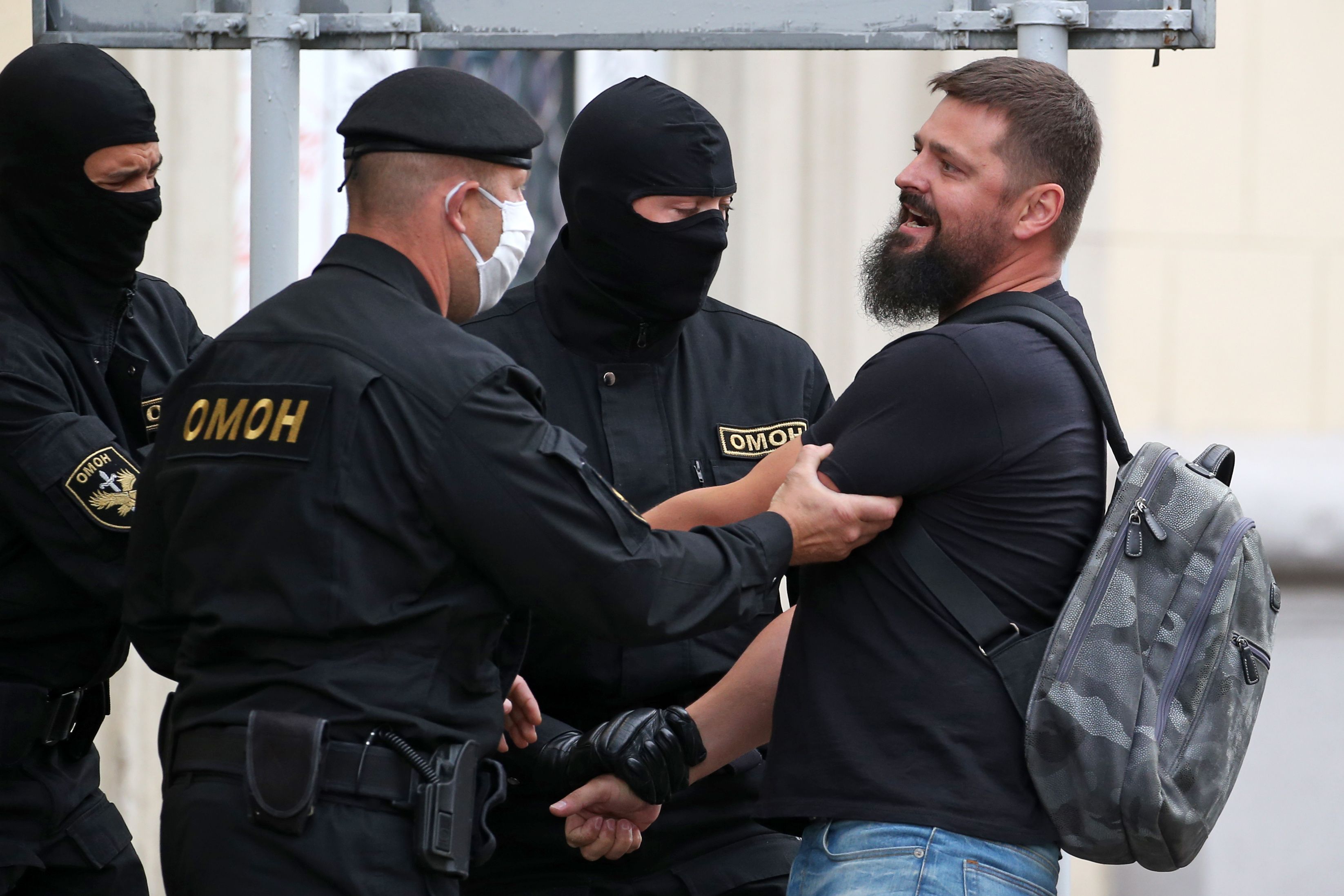In the Shadow of Protests—the Presidential Race in Belarus

What has been the course of the campaign?
The elections scheduled for 9 August were planned to renew Lukashenka’s mandate, but have instead revealed growing tensions in Belarusian society caused by the deteriorating economic situation, lack of action by the authorities to the COVID-19 pandemic (although mandatory quarantine has not been introduced, many sectors of the economy have suffered significantly) and fatigue with the current authorities (Lukashenka has been ruling for 26 years). The first signs of social discontent were already visible during the collection of signatures for opposition candidates, eventually numbering tens of thousands of people across the country—the most since the demonstrations against the presidential decree called “On the prevention of social parasitism” of 2017. In response, Lukashenka dismissed the government, but this did not improve the public’s mood.
Who was officially registered and who was not allowed to stand for election?
Seven people managed to collect the 100,000 required signatures or more. However, on 14 July, the CEC registered only five candidates: Svetlana Cichanouska, the wife of a well-known political blogger currently under arrest; Siarhei Cherachan, the leader of the Belarusian Social Democratic Party Hramada; Andrey Dzmitryeu, a representative of the “Tell the Truth” social campaign; Hanna Kanapatskaya, a former opposition MP, and Lukashenka.
Babaryka, the former head of Belgazprombank, and Capkala, the former head of the Belarus Hi-Tech Park, each considered among Lukashenka’s most significant rivals, were not registered despite having many more than the required 100,000 signatures. Babaryka has been in custody since 18 June and was not registered because of allegations regarding his financial declaration. In the case of Capkala, most of the signatures collected by his staff were questioned. When the two were not registered, their staff decided to support Cichanouska.
What is the scale of the protests?
The failure to register both contenders sparked protests among tens of thousands of residents of the largest cities, marching against the authorities. Many demonstrators and journalists have been detained by non-uniformed police or OMON officers.
Belarusians have also used election rallies to demonstrate their objections. On 19 July, about 10,000 people came to a meeting with Cichanouska in Minsk—the largest election-related gathering in years. This indicates that significant public mobilisation will continue up to election day. Pacification of the demonstrations after the election will cause a sharp deterioration in EU and U.S. relations with Belarus, including a return to sanctions policy.
What is the international reaction?
The EU is following the situation in Belarus closely. This issue was debated in the European Parliament and EU High Representative Josep Borrell criticised the lack of registration of Babaryka and Capkala, stressing that the EU expects the Belarusian authorities to respect human rights. In turn, the OSCE, lacking an invitation, will not send observers to the election.
Despite the arrest of Babaryka and the majority of the management of Belgazprombank (belonging to the Russian Gazprom and Gazprombank), the Russian authorities are not speaking either on this matter or the course of the campaign. At the same time, they are counting on a weaker Lukashenka and actively pushing that narrative, as evidenced by the disinformation article on a Russian internet propaganda portal about the president having had a stroke and in hospital.


